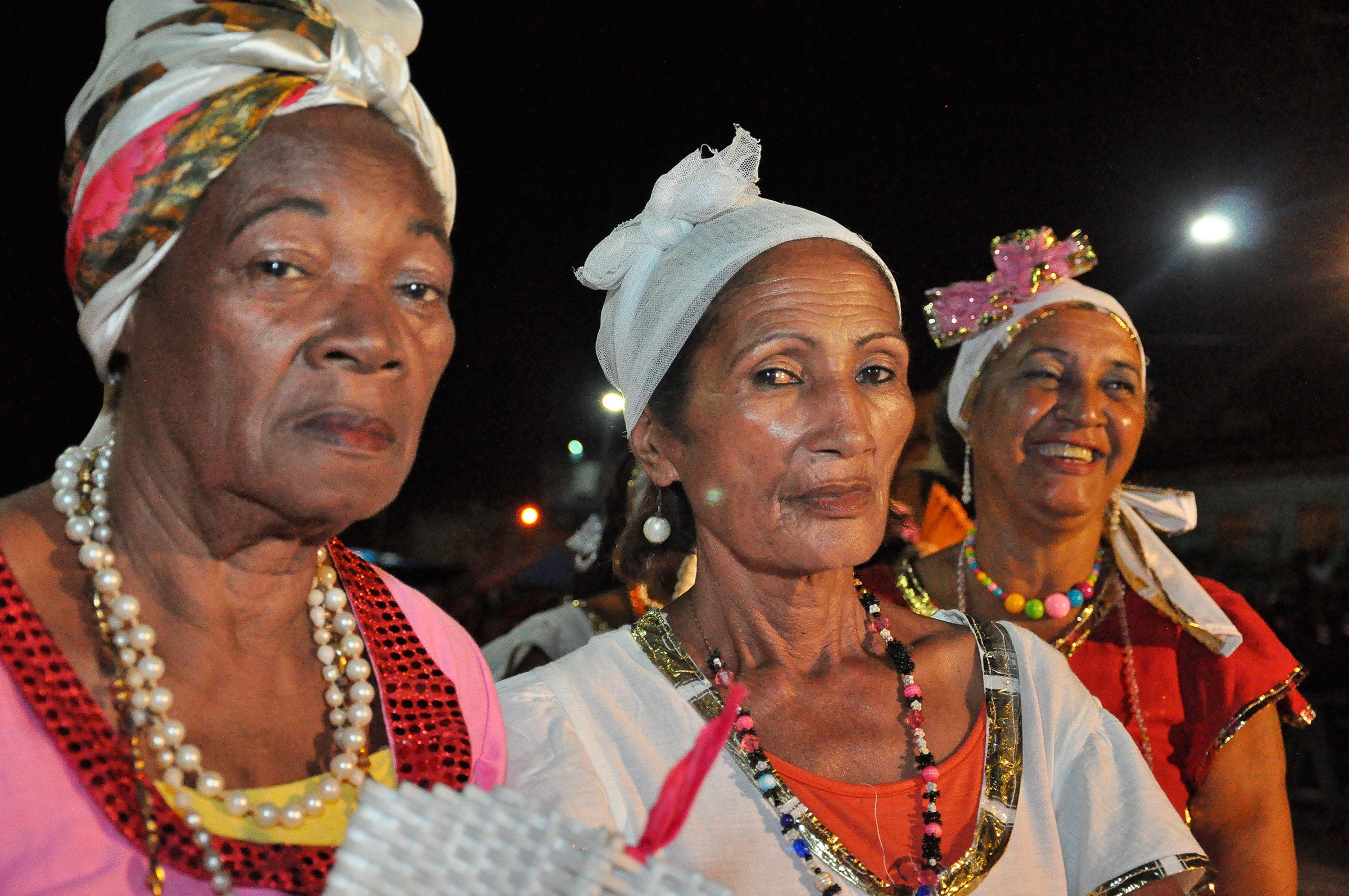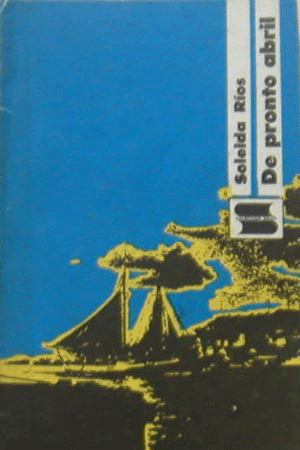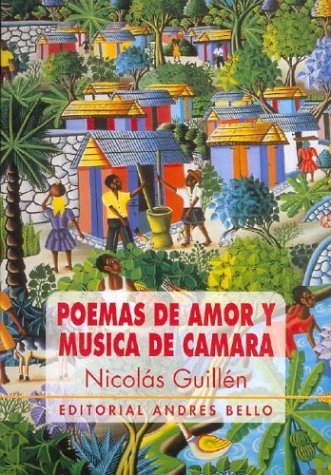Afro-Cuban
Navigation Links
Authors in this exhibit:
- Nicolás Guillén
- Soleida Ríos
Afro-Cuban
Afro-Cubans is the term used to describe Cubans of black African ancestry, mainly from West Africa or Yoruba
Historical Context
During the Transatlantic Slave Trade, Cuba imported more than 800,000 African slaves. The free labour provided by these individuals was critical in the development of Cuba’s shipping sector. Nevertheless, the growth of Cuba’s black population heightened xenophobia among citizens of European descent.
Cuba is a land of contradictions. It’s a nation that is largely defined by the descendants of enslaved Africans, yet also a place where those influences are often denied and racism is rarely confronted. - Johnica Reed Hawkins

As a result, there was a mass emigration of Cubans of European descent and Afro-Cuban culture, art, and religion, which was commonly referred to as “cosa de negros” or “something blacks do,” was loathed because it was seen as a threat to the country’s identity. Even after slavery was abolished in 1888, the militia, legislature, and other political leaders suppressed all forms of Afro-Cuban cultural expression.
However, in the 1920s, the Afrocubansimo movement validated the African-influenced culture of Cuba and acknowledged Blackness as part of Cuba’s national identity.
Learn more about Afro Cuba History
Afro-Cuban Culture is Cuban Culture
Within the dataset for project’s name, Cuban authors, Nicolás Guillén and Soleida Ríos identify as “Afro-Cubans”
Nicolás Guillén

Nicolás Guillén, a Cuban poet, was one of the faces of the Afro-Cuban movements in the late 1920s and early 1930s. This activist, poet, and writer’s rhythmic literary works commonly embrace Afro-Cuban culture and explore themes of poverty, revolution, and social protest.
“We’ve got Chinese, white, black and mixed; but remember that our colors are cheap, for after many years of contracts and tricks nobody’s purity runs very deep. - Nicolás Guillén”
Soleida Rios

Soleida Ros is an acclaimed Cuban poet and author whose work draws from the Afro-Cuban tradition. She has devoted more than thirty years to nurturing a robust Archivo de Suenos (Archive of Dreams) with publications such as The Book of Dreams (1999) and Memory of the Dream (2011).
” . . . to plant a forest of Cuban poetry, a real forest (one tree for every poet, living or dead) that can give us refuge, another way of breathing. - Soleida Ríos”
Deep Dive!
Nicolás Guillén :Musica de Camara (1979)
Nicolás Guillén’s publicaiton, Musica de Camara (Chamber music) was originally published by Union of Writers and Artists of Cuba (Havana) in 1979.

In this poetry collection of 80 poems, Guillénis distinguishes his voice from other Caribbean authors through his rhytmic and musical elements, as well as puns, in his love and musical poems, which discuss themes such as gender and sexuality and identity.
Listen to a reading of Musica de Camara from a later edition book by #LecturasDomiciliarias Accessibility issue : This video is only in Spanish and closed captions are unavailable, which may make it unviewable for some individuals.
Soleida Ríos: De Pronto Abril (1979)
Soledia Ríos, publication, De Pronto Abril was originally published in 1979 by Ediciones Unión.

In this literary piece, Ros explores racial identity, particularly how Cuba’s national identity excluded Agrican or Caribbean culture and literary traditions, as well as other obstacles she faced as a woman during a time of cenorhsip by the government.
Learn more about Soleida Rios in an interview with her in her house in Havana 2008
Bibliography
Sources Citations Elliot, N. [Open Assembly ]. (2014, October 29). Lecture 14: Nicolas Guillen’s Poetry [Video]. YouTube. https://www.youtube.com/watch?v=T6UyJw6ROHg
Freedom Is Mine Official. (2020, April 27). AFRO CUBA: The African Diaspora in CUBA Part 1 [Video]. YouTube. https://www.youtube.com/watch?v=6bcXXbbMY5Q&t=24s
Hawkins, J. R. (2020, October 27). Discovering the African Heartbeat in Cuba. Essence. https://www.essence.com/lifestyle/discovering-afro-cuban-culture/
Leader, G. (2014, November 24). Isn’t this woman the same as always? Gender, race and Cuban poetry of the eighties in the poetic work of Soleida Ríos. Scielo. Retrieved May 10, 2022, from https://www.jstor.org/stable/24585219 Poetry Foundation. (n.d.). Nicolás Guillén. Retrieved March 25, 2022, from https://www.poetryfoundation.org/poets/nicolas-guillen
Springhouse Journal. (n.d.). Soleida Rios Poetry Springhouse Journal. https://springhousejournal.com/Issue5/Rios/


